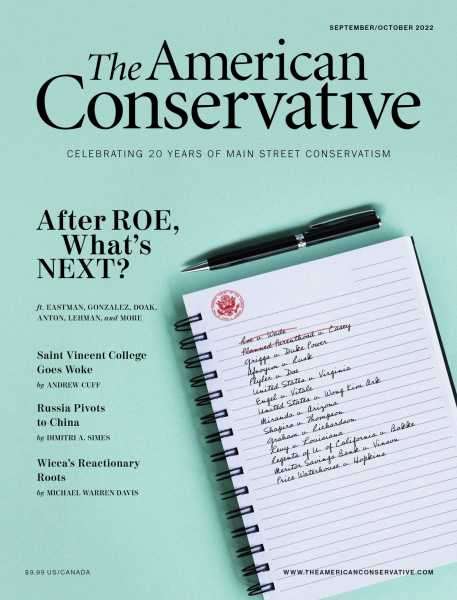
Battle for the American Mind: Uprooting a Century of Miseducation, by Pete Hegseth with David Goodwin, (Broadside Books: June 2022), 288 pages.
As we look at all the various forms of societal incompetence and unrest that currently afflict us, whether feckless politicians or lawless rioters, we soon find that they all have one thing in common. The people who voted for Bernie, or threw a brick through an Abercrombie & Fitch window, or spewed their venomous trolleries on Twitter, or who viciously canceled any responsible attempts at dissent, are all at the tail end of that huge, slow-moving conveyor belt that we call public education.

This article appears in the September/October 2022 issue
Subscribe Now Advertisement
Sourse: theamericanconservative.com